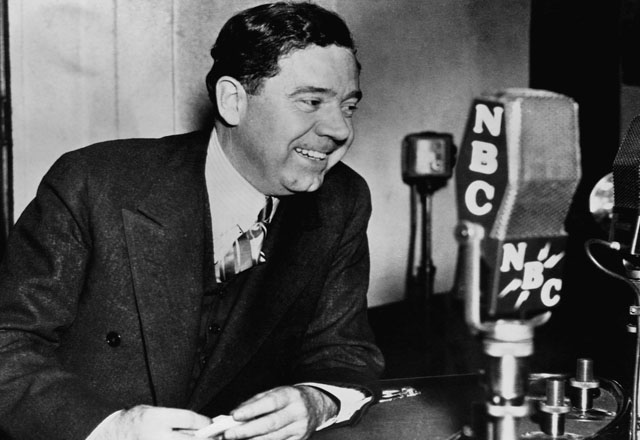In Louisiana history and folklore, Huey Pierce Long occupies a very special niche. To be depressingly brief, he was born and reared in north-central Louisiana’s hardscrabble Winn Parish where, in the late nineteenth and early twentieth centuries, contrariness, populism and socialism were dominant. Charismatic and unscrupulous but unquestionably brilliant, Huey secured a law degree and entered politics. With a knack for selling himself to the embittered rural population of one of the South’s poorest states, he enjoyed rapid success and in 1928, at age 35, was elected governor on his second attempt. Ignoring the state constitution, he established a remarkably well-oiled political machine that he used for the benefit of the “country folk” who were the backbone of his support and to intimidate the aristocratic elite who, correctly, viewed him as a threat to tradition. In 1930, Huey was elected to the United States Senate but refused to take his seat until he had ensured that Louisiana state government was firmly in the hands of his chosen successors. While in the Senate, he maintained an iron grip on events at home.
In 1931, as Huey stepped onto the national stage, Julian Harris, editor of the Atlanta Constitution questioned a comment by the up-and-coming Louisiana “Kingfish” that potlikker, that mainstay of the rural Southern diet, involved dunking one’s cornbread into the liquid left by boiling greens. Harris insisted that no true Southerner would dunk and that cornbread must be crumbled into potlikker. The controversy raged for nearly a month and established Huey as something of a potlikker expert, albeit one who “went against the grain” regarding traditional potlikker-eating beliefs.
After a flirtation with Franklin Roosevelt’s New Deal, Huey broke with Roosevelt in order to pursue his own ambitions for the presidency. With never-ending hubris, Huey, the author of an ode to self-glorification and “share our wealth” socialism called Every Man a King wrote a second book with the optimistic title, My First Days in the White House. On June 12, 1935, he challenged a Roosevelt bill that would weaken the involvement of U.S. Senators in the appointment of individuals to leadership positions in the National Recovery Administration’s state offices. Determined to prevent the bill from coming to a vote, Huey engaged in a fifteen-hour filibuster. As part of his speech, and for the enjoyment and edification of the Senators present—and for the press—he entered into a description of a proper potlikker recipe:
Ingredients
Turnip Greens (or mustard greens)
Water
1 pound sliced side meat
First you get some turnip greens. You have to wash turnip greens many times…turnip greens contain more manganese than do mustard greens….you take the greens and the turnips and you put them in the pot. Remember this: Do not salt them. Do not put any salt, do not put any pepper, do not put any mustard, do not put any kind of seasoning in the pot with them….put in a sizable quantity of water….put in there a piece of salted side meat…you ought to put about a 1 pound hunk of side meat that is sliced, but not clear through, just down to the skin part….it will properly temper the turnip greens when it has been cooked through. That is all the seasoning that is needed. When you have cooked the greens until they are tender and the turnips until they are tender, you take up the turnips and the greens, and the soup that is left is potlikker. That brings on the real question of the art of eating potlikker….You draw off the potlikker and you eat it separately from the turnip greens. Congressional Record, June 12, 1935
On September 8, 1935, Huey Long was mortally wounded by an assassin in the Louisiana state capitol. It is unknown as to whether or not the assassin was a connoisseur of potlikker.







